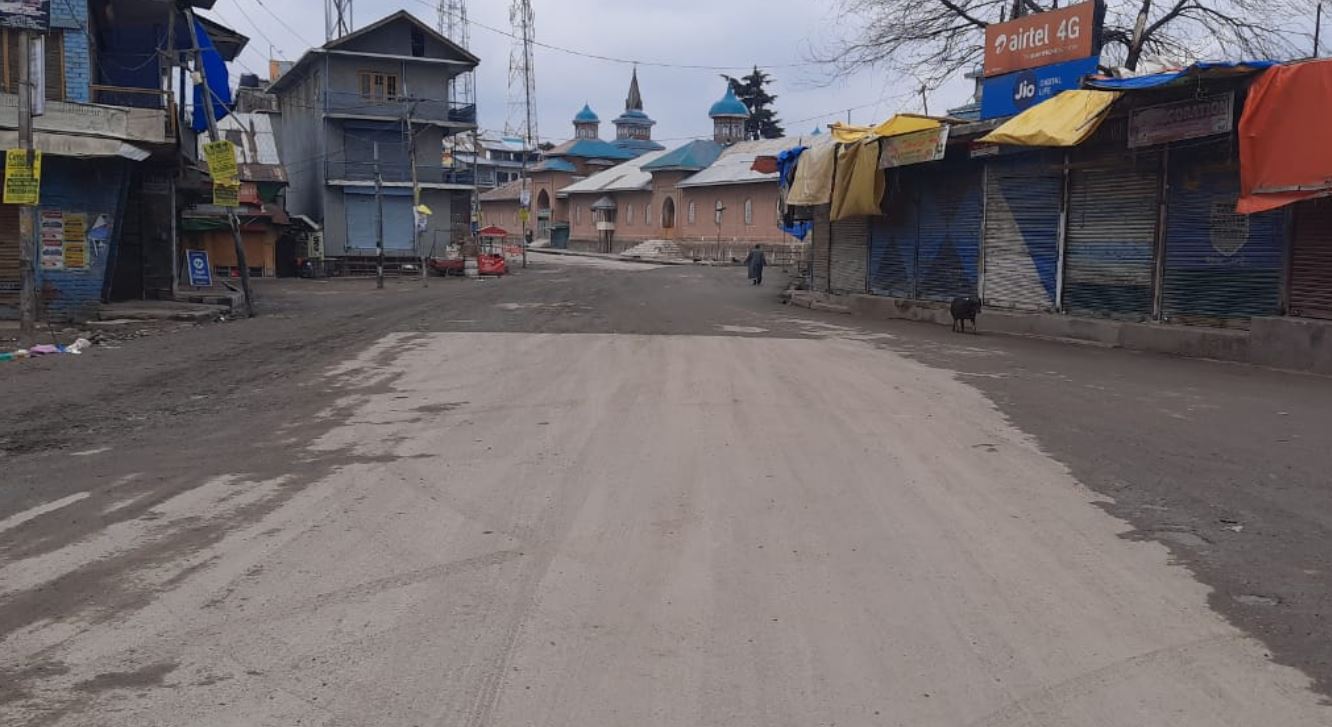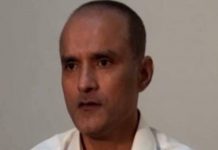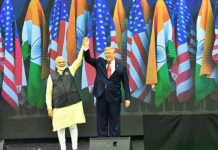 Like in most places in the country, streets of Srinagar wear a deserted look. Security forces have drawn concertina wires across the roads to discourage free movement of people. Kashmir is once again under a lockdown. And for once nobody is complaining. Everyone understands the importance of a shutdown in the fight against Coronavirus. More so, when the Valley has fewer resources to control an outbreak. Ditto for the province of Jammu.
Like in most places in the country, streets of Srinagar wear a deserted look. Security forces have drawn concertina wires across the roads to discourage free movement of people. Kashmir is once again under a lockdown. And for once nobody is complaining. Everyone understands the importance of a shutdown in the fight against Coronavirus. More so, when the Valley has fewer resources to control an outbreak. Ditto for the province of Jammu.
For a population of eight million people, Kashmir has just 97 ventilators and a meagre 97,000 N95 masks. Similarly, only 4,000 sanitisers are available with the health authorities. Though orders for the more preventive medical gear have been placed, government doesn’t expect these anytime soon as across the world demand is outrunning supply.
This lack of resources has made prevention of the infection the only way the government can deal with unfolding crisis. More so, after the detection of the Valley’s first COVID-19 positive case on March 18. The patient had just returned from Saudi Arabia after performing Umrah. Thereafter government scrambled to initiate a slew of measures to arrest further infections. It asked people to sit at home and banned public transport. And within no time, almost all J&K was home.
However, what the government did not do was to restore the 4G internet that would have helped people to stay informed about the developments related to disease. This has made people angry.
“High speed internet is critical to real-time dissemination of information about the disease among people,” said Waseem Parray, a businessman. “Such information will empower people to observe precautions to protect themselves from the disease taking the pressure off the government”.
But the government has so far baulked at doing so despite several major leaders adding their voice to the growing chorus of the demand for 4G.
On March 19, newly released National Conference leader Dr Farooq Abdullah wrote a letter to the Prime Minister Narendra Modi for the restoration of 4G. A similar demand was made by the leader of the newly launched Apni Party Altaf Bukhari. Or for that matter Chairman of the moderate Hurriyat Conference Mirwaiz Umar Farooq also sought high speed internet to tide over the information gap but to no avail.
Government, on the other hand, has cited the security situation in the union territory to continue the ban. The government order prolonging the ban says doing so is necessary “in the interest of the sovereignty and integrity of India, the security of the state and for maintaining public order”.
But this order runs up against the reality on the ground. Leave alone the urgency of a high-speed internet for creating awareness among people, the Valley has been peaceful over the past four months. This hardly validates the security argument proffered by the government.
Meanwhile, J&K can take heart from the fact that so far only fewer than four COVID-19 positive cases have been detected – three in Jammu and one in Kashmir.
However, there is as yet no knowing how many more might still be there undetected. More so, when the government seems to have woken up late to the crisis.
“We can only hope against hope that the number of cases doesn’t grow. And God forbid if it does, it won’t be easy for us to get a handle on this,” said an epidemiologist at the Valley’s tertiary care SMHS hospital. “So, only a pre-emptive preventive approach geared to achieve the maximum social distancing is the way to go”.
letters@tehelka.com












